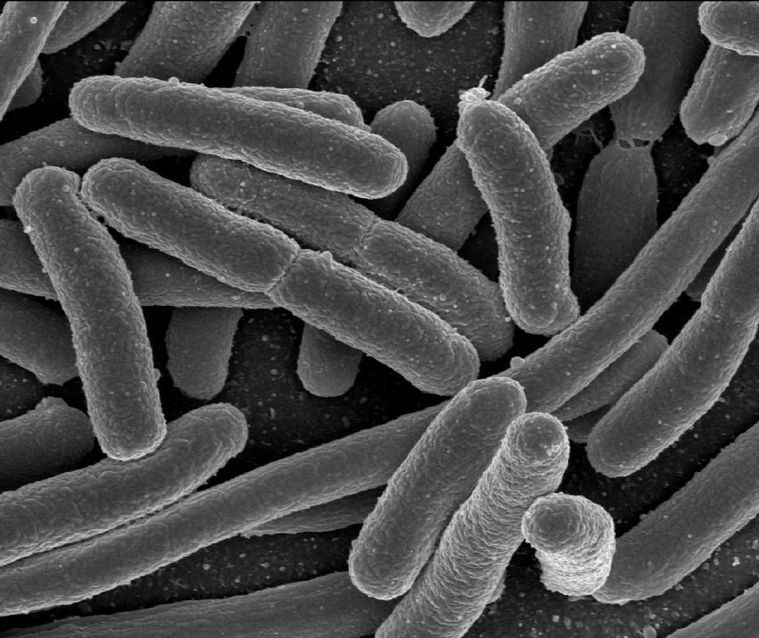New research goes some way to clearing up the controversy over using probiotics for children with acute gastroenteritis
Giving children with acute gastroenteritis probiotics will not help them recover more quickly, according to two large randomised controlled trials. At least if the probiotic includes Lactobacillus rhamnosus.
The research, published in the New England Journal of Medicine, provides solid evidence against the adjunctive treatment, which, as the study authors point out, has been recommended by many health professionals and authoritative bodies.
“Many experts consider acute infectious diarrhoea to be the main indication for probiotic use,” they said.
However, the two studies, both conducted on children aged three months to four years with a less than 72-hour history of acute vomiting and diarrhoea, failed to show any benefit of taking a five-day course of the probiotics.
One of the studies conducted across six tertiary paediatric centres in Canada, involved almost 900 children with acute gastroenteritis randomly assigned to receive either a combination probiotic (L. rhamnosus and L. helveticus) or placebo.
The other very similar study, this one involving US centres, included 970 children with gastroenteritis and tested the effectiveness of giving the single probiotic Lactobacillus rhamnosus against placebo.
The results of the two trials, using almost identical outcome measures were the same – the probiotics did not make a difference.
“Neither trial showed a significant difference in the duration of diarrhoea and vomiting, the number of unscheduled visits to a health provider or the duration of day-care absenteeism,” an accompanying editorial concluded.
The role of probiotics in the management of gastroenteritis in children has been an area of controversy and contradiction not only among individual specialists but also among different expert bodies, with guideline recommendations varying from “not recommended” by the Centers of Disease Control and Prevention to “strongly recommended” by the European Society for Pediatric Gastroenterology, Hepatology and Nutrition.
But now, it appears this grey area has now become very black and white.
“Taken together, neither of these large, well-done trials provides support for the use of probiotics containing L. rhamnosus to treat moderate-severe gastroenteritis in children,” the editorial stated.
The caveat, of course, is that this evidence, while robust, only applies to this particular probiotic. There might still be probiotics out there that do make a difference.
The editorial author referred to a recent large randomised-controlled trial conducted in rural India that found giving healthy newborns the probiotic, L. planatarum in the first few days of life was associated with a significantly lower risk of sepsis and lower respiratory tract infection in the subsequent two months.
So while these studies might appear to be the nail in the coffin for L. rhamnosus –containing probiotics, it is still a case of “watch this space” with regard the role of probiotics more generally.
References:
N Engl J Med 2018; 379: 2002-2014. DOI: 10.1056/NEJMoa1802598
N Engl J Med 2018; 379:2015-26. DOI: 10.1056/NEJMoa1802597
N Engl J Med 2018; 379:2076-77. DOI: 10.1056/NEJMe1814089


